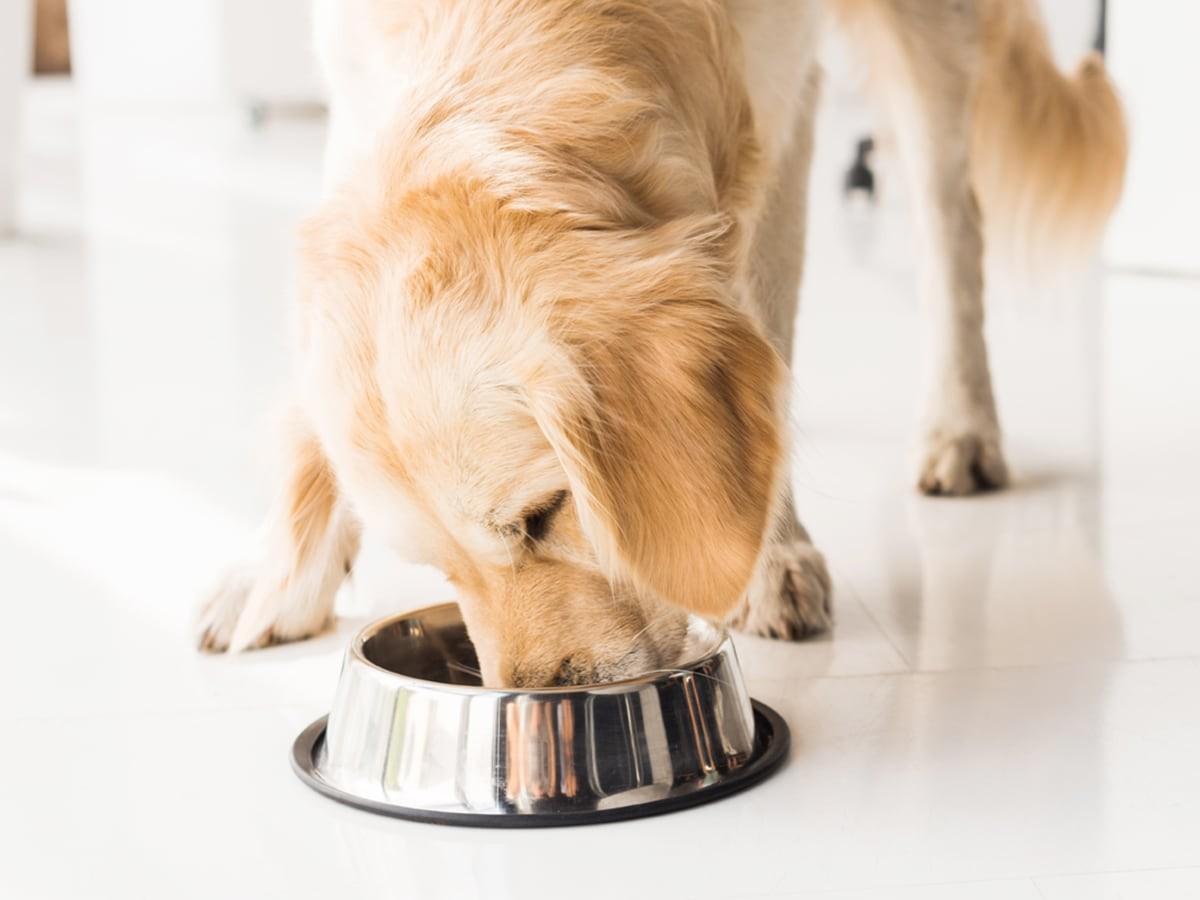Tofu comes in many different types, which vary based on their water content and texture. The less water it contains, the firmer it becomes, and the higher its fat and protein concentration. Tofu has a mild flavor and a spongy texture, allowing it to absorb the taste of whatever it’s cooked with.
Different Types Of Tofu
Regular – Firm with low moisture and a dense texture.
Soft – Typically made in the Chinese style; can be used in the same ways as silken tofu.
Medium – Dense yet soft, often used in miso soup and can substitute for firm tofu.
Firm – Great for stir-frying, pan-frying, crumbling, or even replacing ricotta cheese.
Extra firm – Ideal for slicing, cubing, crumbling, or baking.
Super firm – Very dense and high in protein.
Dogs and Tofu
Can dogs eat tofu? The answer is yes, with a few cautions. Tofu is safe for dogs in small amounts, but it shouldn’t replace meat or other protein sources in their diet. While it contains protein, it’s not a complete protein for dogs and lacks certain essential amino acids they need.
If you decide to share tofu with your pup, choose varieties that are minimally processed and free of added salt, flavoring, or preservatives. Always feed it plain and in moderation. And, as with any dietary change, it’s best to check with your veterinarian before adding tofu to your dog’s meals.
Dogs and Paneer
Paneer is a fresh cheese made from cow’s milk. It has a very high fat content, so it should only be fed to dogs in moderation. Paneer is also quite salty, so it’s important to avoid feeding your dog too much of it. In addition, paneer can be difficult for dogs to digest, so it’s important to talk to your veterinarian before adding it to your dog’s diet.
So, there you have it! The answer to the question “can dogs eat tofu, paneer?” is yes, but with a few caveats. Tofu and paneer are safe for dogs to eat in small quantities, but they should be fed in moderation due to their high fat and sodium content. In addition, some types of tofu and paneer are more processed than others, so it’s important to choose minimally processed
Why Salt Is Bad for Dogs
Salt is essential for dogs, but too much salt can be dangerous. Dogs need salt to maintain their electrolyte balance and to help with muscle function. However, if a dog eats too much salt, it can lead to dehydration, electrolyte imbalance, and even kidney damage. So, if you’re feeding your dog tofu or paneer, be sure to choose a variety that is low in salt.
Common Foods Toxic To Dogs
There are a number of common foods that are toxic to dogs. Some of the most common include chocolate, onions, garlic, grapes, and raisins. If you’re unsure whether a food is safe for your dog, it’s always best to consult with your veterinarian.
Vegetables are a pretty safe food group for pooches. Add some color and variety to their food dish with asparagus, bell peppers, broccoli, carrots, cauliflower, lettuce, cucumbers and celery. If you want to give your pooch a refreshing treat, chop up some bananas, blueberries, oranges, melons, pumpkins, apples, kiwis, dates, pitted cherries, cantaloupes and papayas.
Like cats, dogs can safely eat most seafood. Opt for canned tuna, salmon, seaweed, shrimp, crabs and lobster. Please make sure to deboned and thoroughly cook to avoid bacteria.
Dogs can also enjoy beans, just not chili. You might be wondering which beans can your dog eat. Well, you can add unseasoned green beans, black beans, lima beans, pinto beans and garbanzo beans to their plates for variety. Do not give your dog kidney beans. They are highly toxic for dogs.
Dogs may love peanut butter, but are nuts suitable for dogs? It depends. You can give pups nut butter to help them swallow a pill. Dogs can enjoy small amounts of almonds, cashews, pistachios and walnuts. Skip giving pups any dried fruit to be on the safe side. Dogs shouldn’t be given raisins, which are dried grapes.
Expert Insights from Spot
While sharing our favorite foods with our pets can be tempting, it's important to remember that not all human foods are safe for dogs. Spot's internal data shows that pet insurance claims for dietary indiscretions average $642*, highlighting the importance of caution and research before sharing snacks with your pet.
Conclusion
With those pleading eyes and wagging tails, it can be hard to say no to our dogs when we are enjoying our food. However, there are better ways to keep pets happy. Exploring pet insurance options is a great way to learn about ways that help you find peace of mind. Spot offers pet insurance plan options that help you focus on your pet’s care, not cost.

With 15 years as a dog and cat parent, my pet articles are a mix of humor and firsthand experience - proof that the best stories often come with paws and purrs.
*Jan 2019 to Aug 2024 Spot Pet Insurance Services, LLC claims data.
Patterdale, Sassafras. "Can Dogs Eat Tofu?" American Kennel Club, 18 Aug. 2025, https://www.akc.org/expert-advice/nutrition/can-dogs-eat-tofu/.
Mitchell, Sandra. "Can Dogs Eat Tofu?" PetMD, 11 Jan. 2024, https://www.petmd.com/dog/nutrition/can-dogs-eat-tofu.
Pet Expert Team. "Can Dogs Eat Beans? A Guide to Safety." Purina, 28 Jul. 2025, https://www.purina.com/articles/dog/feeding/can-dogs-eat/beans.
AKC Staff. "Fruits and Vegetables Dogs Can or Can't Eat." American Kennel Club, 15 Oct. 2025, https://www.akc.org/expert-advice/nutrition/fruits-vegetables-dogs-can-and-cant-eat/.
The information presented in this article is for educational and informational purposes only and does not constitute or substitute for the advice of your veterinarian.











